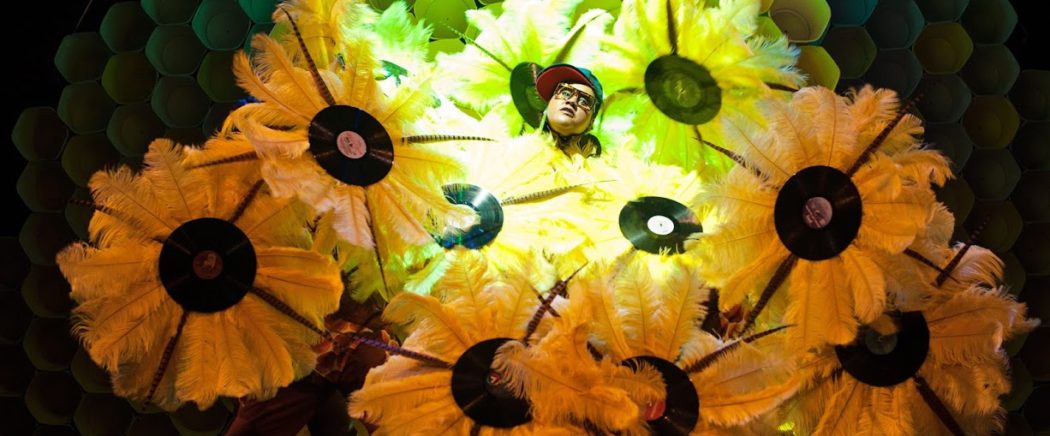Halfway through Hot Brown Honey’s performance of brown femme fierceness, they quote the Indigenous Australian artist/activist Lilla Watson: “If you have come here to help me, you are wasting your time. But if you have come because your liberation is bound up with mine, then let us work together.” This line encapsulates precisely the ethos of Hot Brown Honey: that of radical relationality born out of a clear-eyed awareness of both the irreducibility of (racial, sexual, gender) difference and the inextricability of our conjoined destinies. It speaks to their uncompromising rejection of condescending paternalist (and maternalist) gestures of solidarity and their embrace instead of a truly coalitional resistance to settler colonialism and white supremacist heteropatriarchy. This is not a simple identitarian project.
One critic describes them as, “immensely talented women from Maori, Aboriginal and Torres Strait Islander, Samoan, Tongan, Indonesian and South African heritage who have joined together in a subversive tour de force under the rallying cry of ‘decolonise and moisturise.’” Their mode of coalition is not rooted in the fictions of sameness and equivalence, but rather in difference itself: they cite Audre Lorde as one of their inspirations, and indeed Lorde’s understanding of coalition through difference seems to serve as their political touchstone. Other influences include North American trans women of color activists Silvia Rivera and Marsha P. Johnson, South African singer/activist Miriam Makeba, and Samoan feminist scholar Aiono Fanaafi Le Tagaloa. The queer, feminist of color, transnational, trans-oceanic intellectual genealogy they trace for themselves reflects the heterogeneity of their own personal life histories as well as their performance styles.
Hot Brown Honey name themselves “femmes of colour,” a term that draws from queer feminist re-scriptings of femininity that detach it from heteronormativity in order to hold onto its manifold pleasures while jettisoning its toxicity. Their use of the term also detaches femininity from bodies assigned female at birth, and instead deploys femininity to connote a range of historical, political and social formations that are lived every day in and through the body. Hot Brown Honey’s slogan, “Decolonise and Moisturise!” sums up both the humorous, mundane, and deadly serious ways in which the body is the site of both the consolidation of racist, patriarchal power, and of its refusal.
Indeed the body is front and center in this production: the symbolic weight that the bodies of women of color carry (as maids and caretakers, as exotic and hypersexualized within racist, colonial fantasies, as excessive and as inadequate) is enacted and forcefully repudiated. As one of the performers proclaims early on the production: “The age of entitlement is over, bitches!” This is both a call to arms and a declaration of a new era of activism and resistance. They thus capture the contradiction of this moment in which we live: one of resurgent, crude white supremacist patriarchal power on the one hand, and the birth of renewed and reenergized visions of a decolonial feminist future on the other. Hot Brown Honey sounds, looks, and feels like the revolution we so urgently need.
Gayatri Gopinath is Associate Professor of Social and Cultural Analysis at NYU. She works at the intersection of queer, postcolonial and diaspora studies, and is the author of “Unruly Visions: The Aesthetic Practices of Queer Diaspora” (Duke University Press, 2018), and “Impossible Desires: Queer Diasporas and South Asian Public Cultures” (Duke University Press, 2005).
